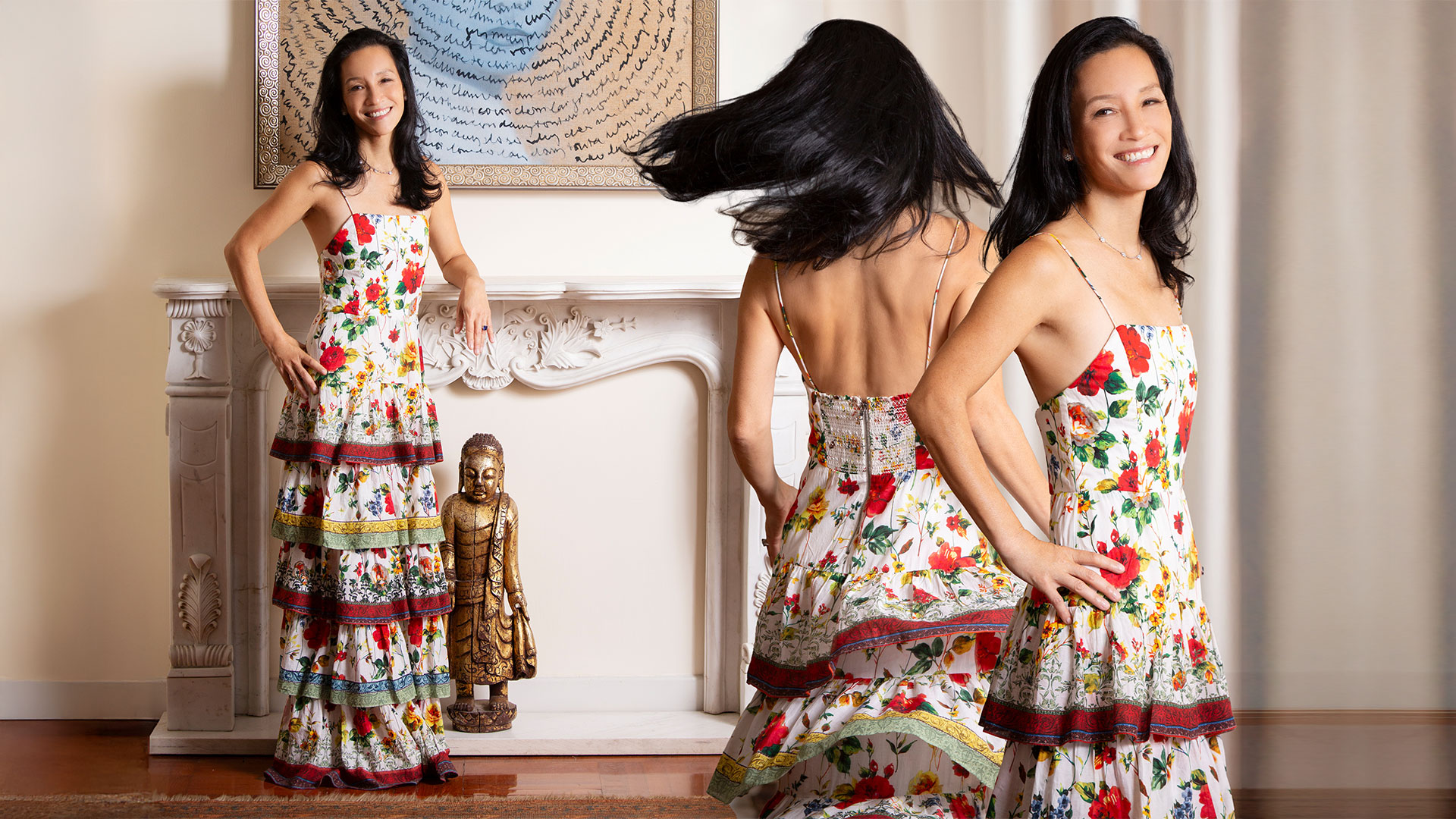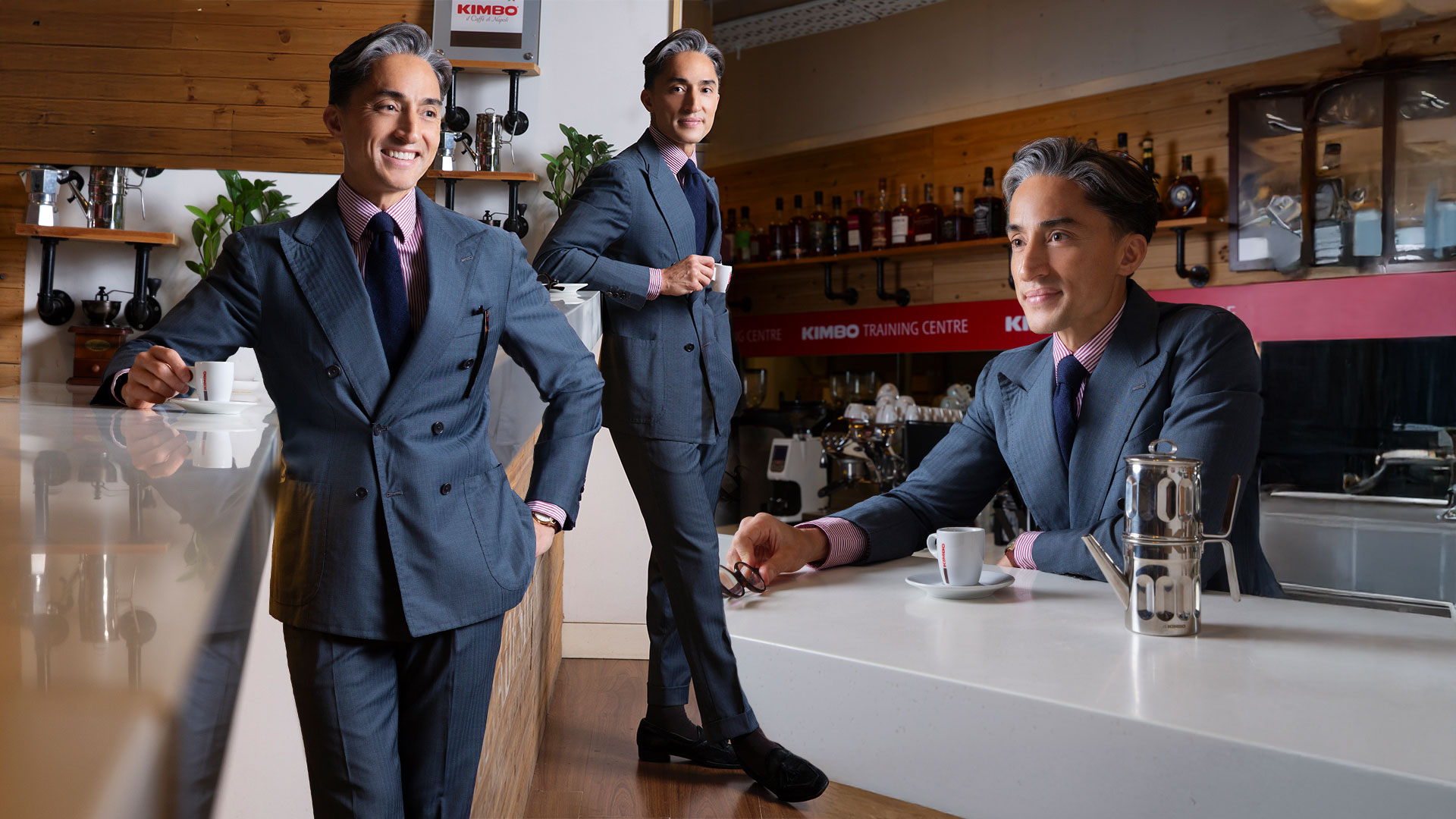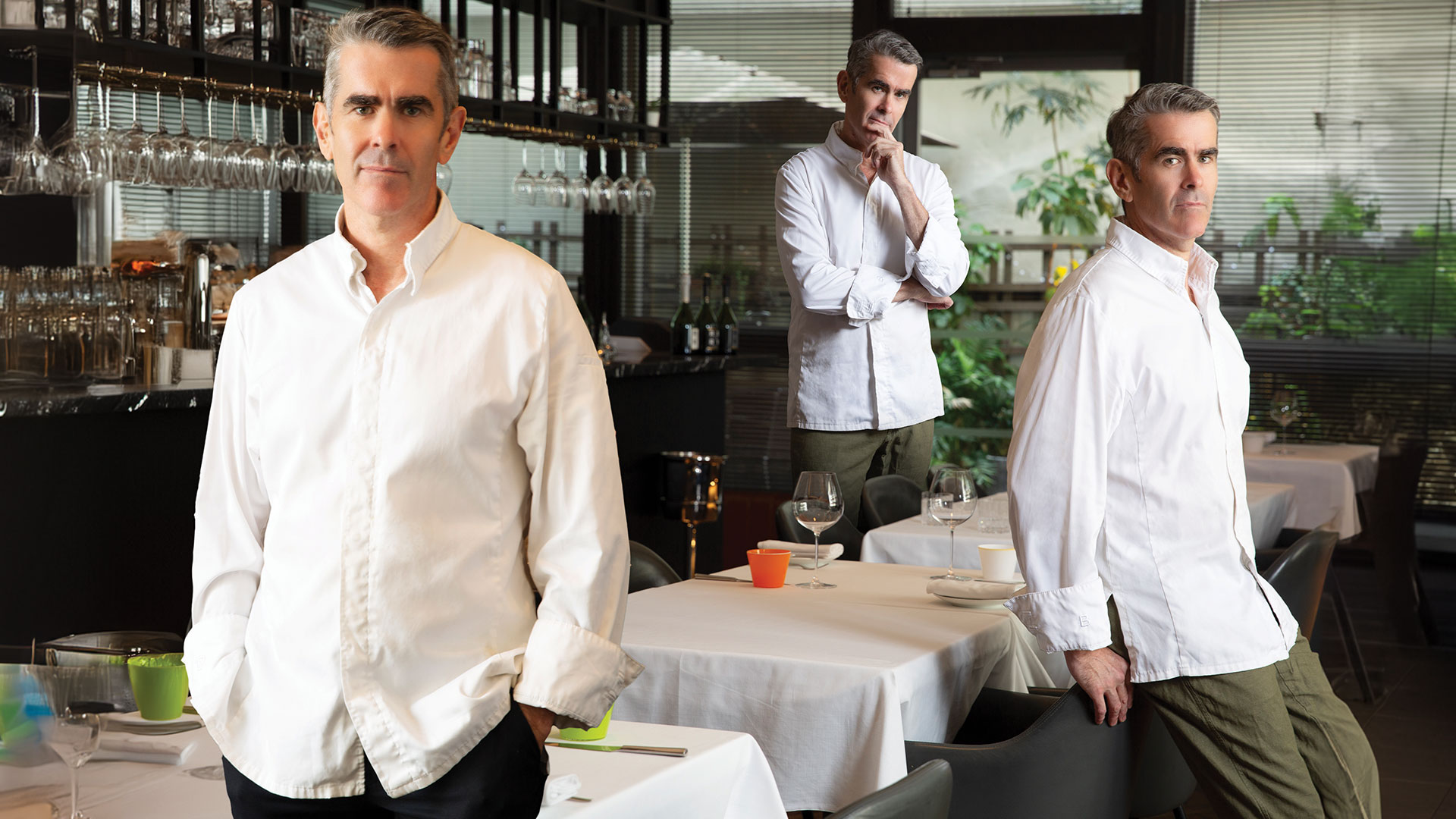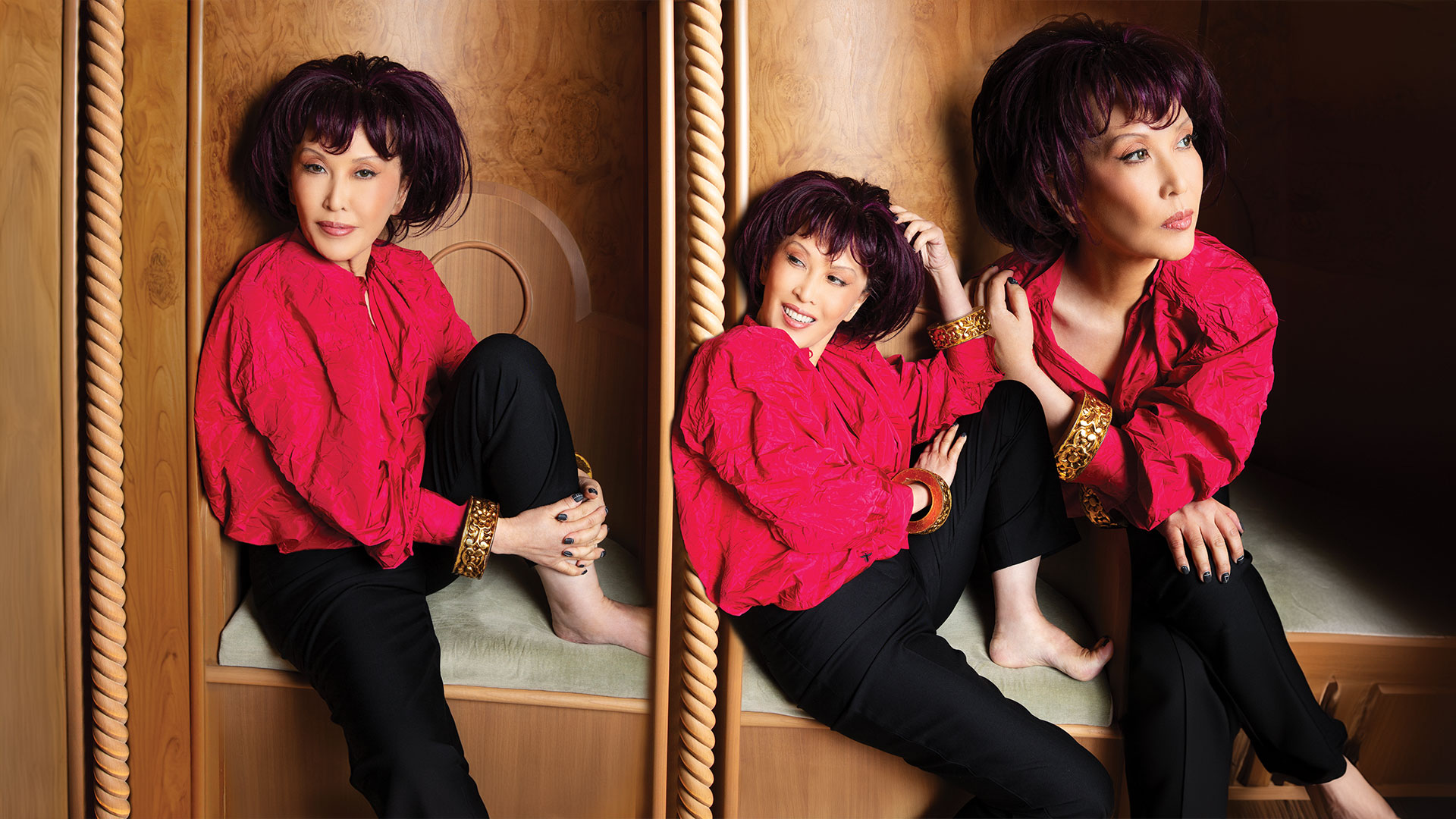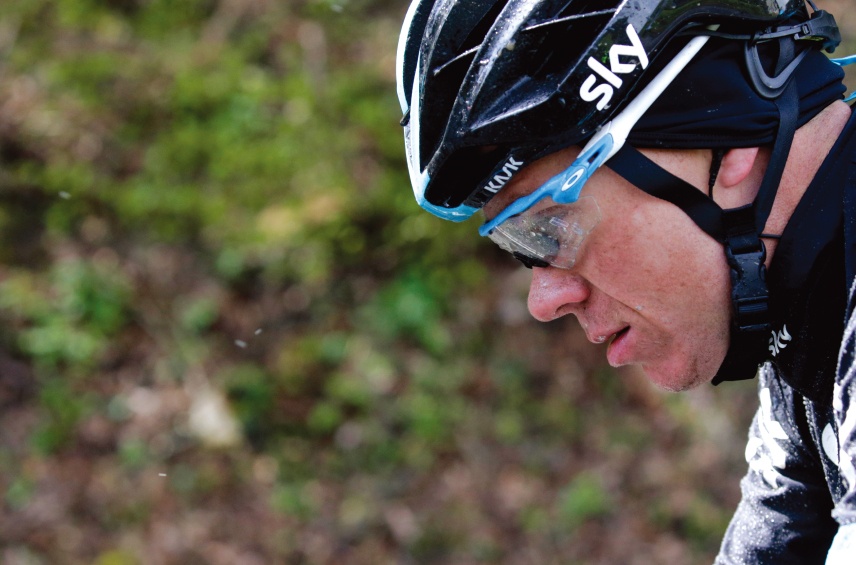
Froome At The Top
He conquered the heady heights of Mont Ventoux during the Tour de France. He successfully scaled the dizzying Alpine climbs of the Giro d’Italia on his way to securing cycling’s greatest prize. This month, though, Chris Froome faces a far more daunting challenge.
In 2015, he claimed the Tour de France title for the second time in three years. Now he is returning to the race once more. This time he hopes to be the first rider in a generation to mount a successful defence of the trophy. It is a feat that has not been managed – legally at least – since Miguel Indurain, the legendary Spanish cyclist, clocked up a stunning five consecutive victories between 1991 and 1995.
If that wasn’t hard enough, Froome will then be going for gold at the Rio Olympics. This will see him compete in two notoriously arduous events – the road race and the time trial. All of this less than a fortnight after he’s due to cross the finishing line on Paris’ Champs Elysees.
Froome, though, is under absolutely no illusions as to the enormity of the task that he has actually set for himself. He says: “It’s certainly a massive goal and I think I’m just going to have to take each event as it comes. It’s exciting, though. It’s really very exciting.
“The main focus for me is, once again, the Tour de France. Just on the back of that, though, we have the Olympic road race in Rio. A few days later and it’s the Olympic time trial.”
“Both the road race and the time trial suit me well. The time trial involves more than a thousand metres of climbing. That’s going to be tough. It’s also over 50 kilometres. For an individual time trial, that is a long event.”
Retaining the Tour de France title and taking two Olympic golds, all within the space of a few weeks, might seem a near-impossible task. If anyone could pull off such an astonishing treble, though, Froome would be the most likely man to achieve it. After all, this Kenyan-born cyclist seems to have spent most of his life overcoming what seem like the most insurmountable obstacles.
As a child, his first cycling experiences took place against the stunning backdrop of the Great Rift Valley, the intra-continental ridge system that runs through Kenya from north to south. Recalling when he knew he had fallen in love with the sport, he says: “It was my eighth birthday and I was out on my bike with a group of friends. We descended for about 30 kilometres. I remember getting up to speeds that scared the living daylight out of me.
“And then it happened. An amazing sensation, feeling the wind rushing, and being able to do it all on my own. No car, no mummy or daddy driving you anywhere. Just me in control. And I really loved that.”
It was to become an obsession. At the age of 13, after his first competitive race – he won, despite being knocked down by his mother, who had insisted on driving alongside him to keep him safe – he was introduced to David Kinjah, at the time, Kenya’s only international cyclist. Obviously sensing a kindred spirit, Kinjah agreed to coach him.
Even today, Kenya’s competitive cycling infrastructure is pretty basic. Back then, it was virtually non-existent. Kinjah ran his rudimentary training programme from a small corrugated iron hut in the tiny hillside village of Mai-a-Ihii. Lacking even running water, it boasted only a pair of basic bunk beds and a rudimentary toilet. Froome, though, would spend weeks there at a time. It was here that he would push himself to the limit on ferocious high-altitude training rides, all astride a battered mountain bike that had clearly, long ago, seen better days.
Today, remembering that shy, slight teenager he first encountered Kinjah says: “Chris would barely say a word to me. I didn’t imagine he would be a serious rider. Then he came here and I could see it in his eyes. This was what he wanted.”
Froome was very much the odd one out among Kinjah’s older, tougher, more experienced protégés. Acknowledging this, Kinjah says: “We were hard-core village guys, not afraid to ride against the traffic. It was a sport for kids who could shout at car drivers. I thought it would be a problem for him. As it turned out, he wasn’t scared of anything.
“We would do rides of 200km. Too difficult for him really, but he never gave up. If we tried to get him to stop early, he would always complain. He’d say: ‘I’m going to finish…’ He never lacked courage.”
Froome’s own recollections paint a similar picture. He says: “It was pretty brutal. If I look back, I wouldn’t tell any 13-year-old to follow in my footsteps. I was the only white kid there and I got a hard time from some of the others. It was always fun, though, and I absolutely idolised them.
“I just wanted to get to the point where I could keep up with the other kids on a ride. They would all drop me. I couldn’t keep up with any of them. I would be absolutely finished. But I loved it.”
After moving to South Africa to live with his father, Froome began road-racing competitively. His natural talent – hardened by all the work he’d put in on mountain roads – soon blossomed. Despite this, he still returned to Kenya to continue training with Kinjah. In fact, it was his mentor who helped him make his international debut, overcoming the initial reluctance of the Kenyan cycling federation.
Kinjah says: “The federation wasn’t going to select Chris for the Commonwealth Games in 2006. In the end, we said to them: ‘If he’s not in the team, we’ll go on strike.’ So they decided to include him.”
It was his highly creditable performance in the Games that encouraged Froome to turn professional. The major teams, though, were uninterested in a relatively unknown young African rider. In the end, it took months of emails and calls to secure him a deal with Barloworld, a relatively small British-based outfit.
He then moved to Italy to compete on the prestigious European tour. His first few years proved something of a struggle. He was desperate to make a name for himself while, all the time, competing against far better-equipped cyclists.
In all, it took him two years to secure his first professional win. By this time, though, his performances had already caught the eye of one of the most senior figures in the cycling world – David Brailsford, British cycling supremo and principal of Team Sky, a quite new and elite squad.
In truth, Brailsford had been following Froome’s career since the Commonwealth Games. Explaining his interest, he says: “I watched his time trial there. This was a guy from nowhere, he gave this really phenomenal performance. I was like: ‘Bloody hell, who IS this young guy?’”
In 2010, Froome duly joined Team Sky. This required him to switch his international allegiance to the UK – a country he was qualified to represent through his grandparents’ nationality. His first performances in his new colours, though, were patchy and with quite good reason.
It was discovered he was suffering from bilharzia, a parasitic water-borne disease. As it affects the body’s red blood cells, it is a condition that is particularly debilitating for cyclists.
Put on medication to control it, his performances rapidly picked up. He was part of the British team that won the world road race championship in 2011. He even acted as chief domestique to the victorious Bradley Wiggins in the 2012 Tour de France, nursing his team-mate over the mountain stages and finishing second himself. A few weeks later, he took bronze in the time trial at the London Olympics.
In fact, his form was so good that he was selected to lead Team Sky in the 2013 Tour de France. His power in the mountains took him to an emphatic victory. One particular stage win, when he destroyed two of his rivals – Alberto Contador and Nairo Quintana – on Mont Ventoux, summed up his dominance. At the time, one French sports newspaper described him as pedalling so fast up the steep slope it was “as if his chain had snapped.”
Recalling that epic climb, Froome says: “I had to go onto an oxygen inhaler at the finish. My lungs had shut down. My legs were burning. My back was aching. I thought, though, if I was feeling like that, then I’m sure the other guys must be feeling worse. I told myself: ‘This is why you’ve done all that training and all that preparation. This climb is what counts. This is where I’m going to win the Tour de France.’”
The following year, a crash robbed him of the chance of defending his title. In 2015, though, he once again dominated the course. In fact, such was his performance that the French media openly discussed the suggestion that success was more down to pharmaceuticals than hard work.
The insinuations became so widespread that Team Sky took the unusual step of releasing Froome’s medical data to show that he was clean. Today, he is relaxed about the controversy, saying: “It’s actually perfectly understandable given the way people have been deceived over past Tours. I certainly share the frustration with that.
“The sport has moved past that era now. Anti-doping measures have been strengthened hugely. Some days, during the Tour, I was being checked up on three times a day – both blood and urine tests. That gives you a little bit of an idea of what kind of policing now goes on within the sport.”
Indeed, the sets of tests carried out on Froome after the 2015 tour proved that it is his astonishing physiology – rather than any drugs – that allows him to perform with such amazing power and stamina. His maximum heart rate of 165 beats per minute, for instance, is significantly lower than that of most other top cyclists. This alone allows him to carry on when others have to drop out.
This month, he returns to France, hoping that the tests and Team Sky’s own data will have ended any such speculation about him. This would leave him free to concentrate on a third Tour win – a result that would cement his position among cycling’s true greats.
After that, there is then the chance of Olympic glory. Froome, however, remains cautious.
He says: “As with anything in cycling, it’s really difficult to plan too far ahead. You never know just what is going to happen along the way.
“At this point, I just have to consider the Tour de France and say: ‘I need to be ready.’ After that, I will just take everything as it comes.”








